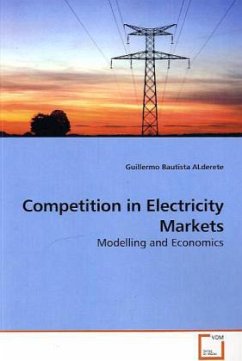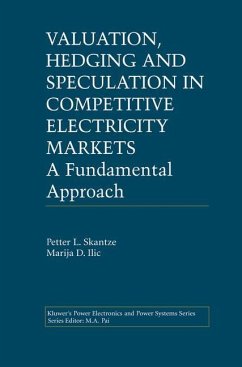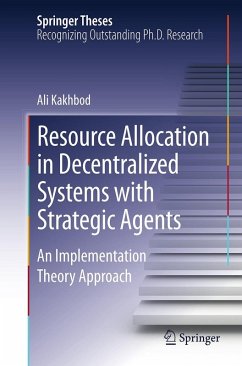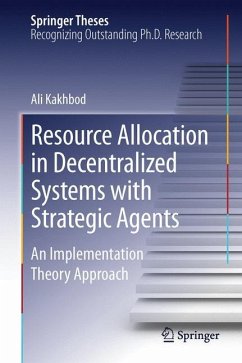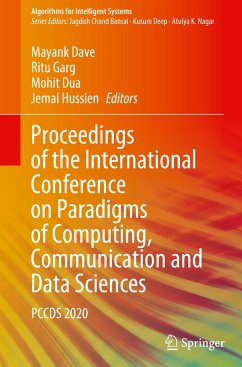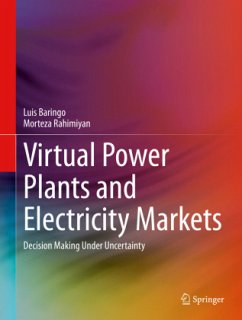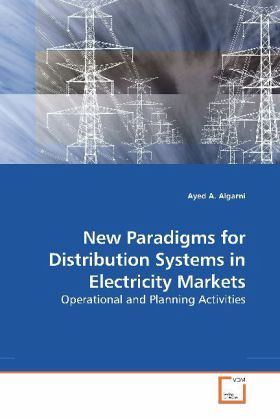
New Paradigms for Distribution Systems in Electricity Markets
Operational and Planning Activities
Versandkostenfrei!
Versandfertig in 6-10 Tagen
45,99 €
inkl. MwSt.

PAYBACK Punkte
23 °P sammeln!
In the current era of deregulation, a distribution company plays an active role in electricity markets. The work clearly demonstrates the effectiveness of distributed generation units within disco territory both in the short-term and long-term framework. A two-stage hierarchical model for a disco operating in a competitive environment is presented. The first stage deals with disco s activities in the day- ahead, termed as DAOM. The second stage deals with real-time activities and is termed RTOM. The DAOM determines the operational decisions on grid purchase, scheduling of DGs, and contracting ...
In the current era of deregulation, a distribution company plays an active role in electricity markets. The work clearly demonstrates the effectiveness of distributed generation units within disco territory both in the short-term and long-term framework. A two-stage hierarchical model for a disco operating in a competitive environment is presented. The first stage deals with disco s activities in the day- ahead, termed as DAOM. The second stage deals with real-time activities and is termed RTOM. The DAOM determines the operational decisions on grid purchase, scheduling of DGs, and contracting for interruptible load. These decisions are imposed as boundary constraints in the RTOM and the disco seeks to minimize its energy costs. A new paradigm is presented for disco operation taking into account the presence of DGs and their goodness factors. The concept of goodness factor is based on the computation of the incremental contribution of a DG unit to system losses. In a novel paradigm for system planning, the concept of goodness factors is further extended to determine a new set of goodness factors pertaining to a DG s impact on long-term feeder unloading



